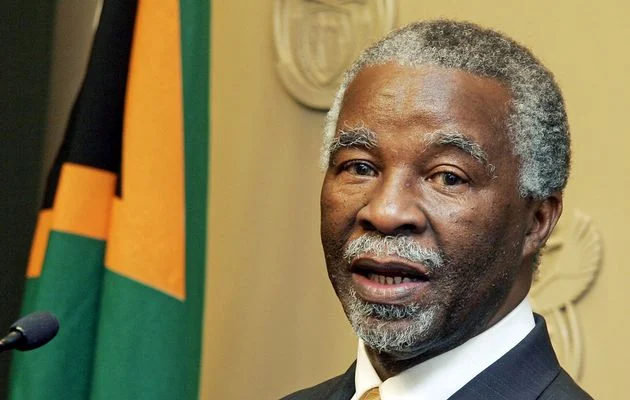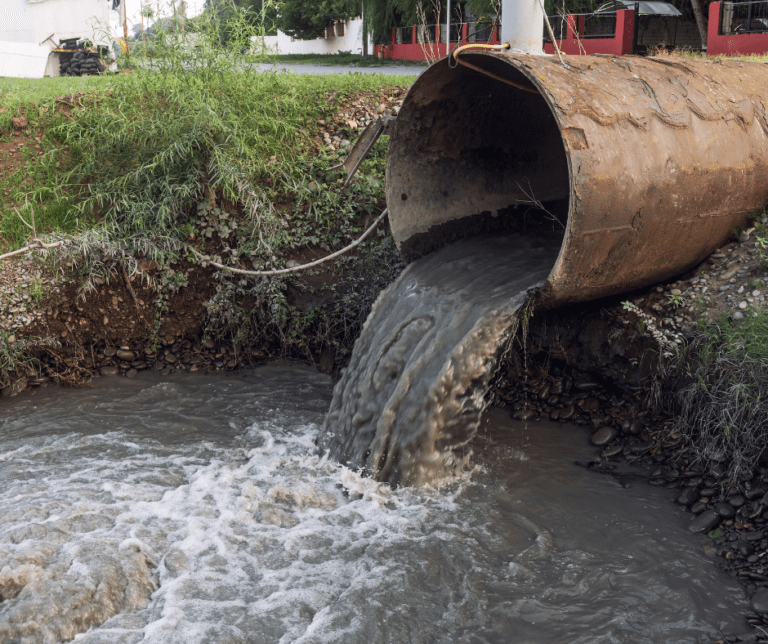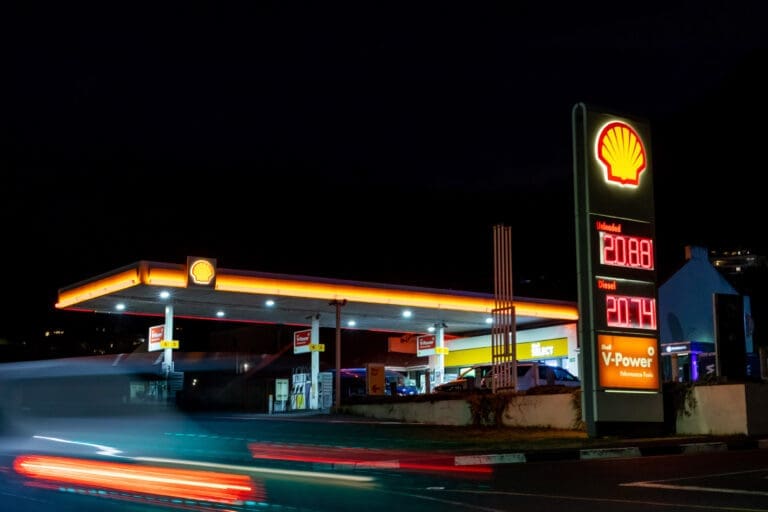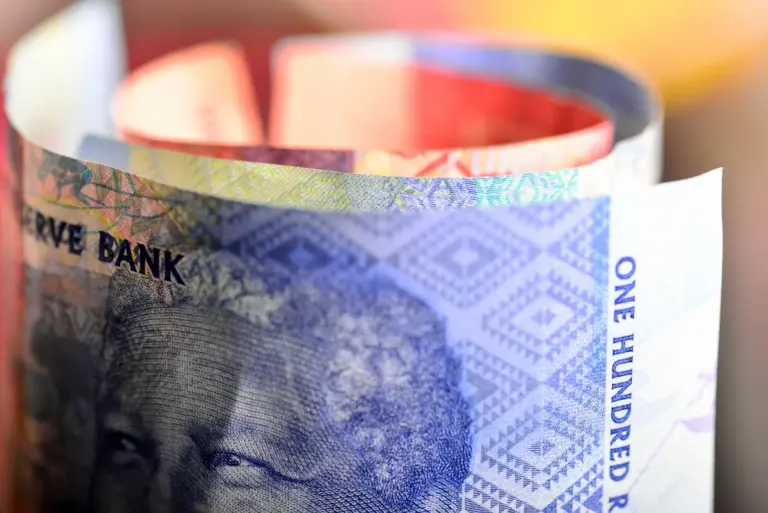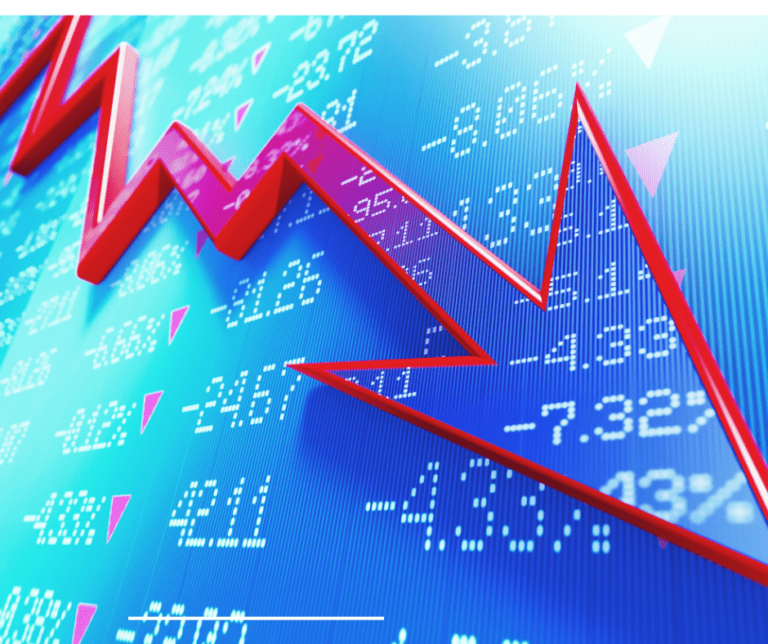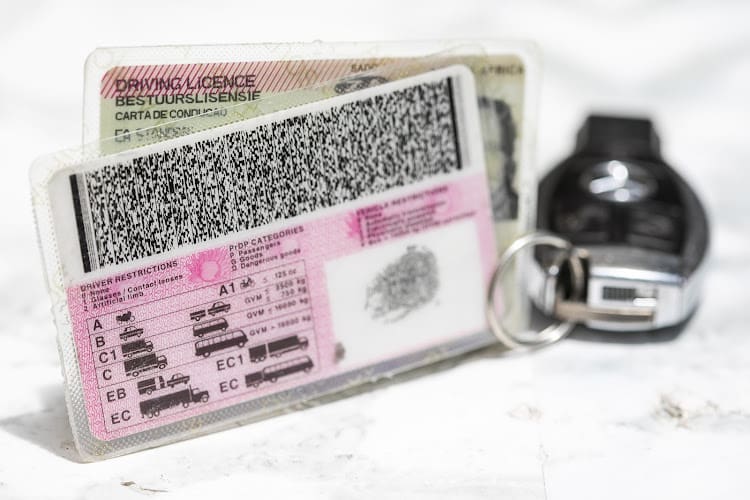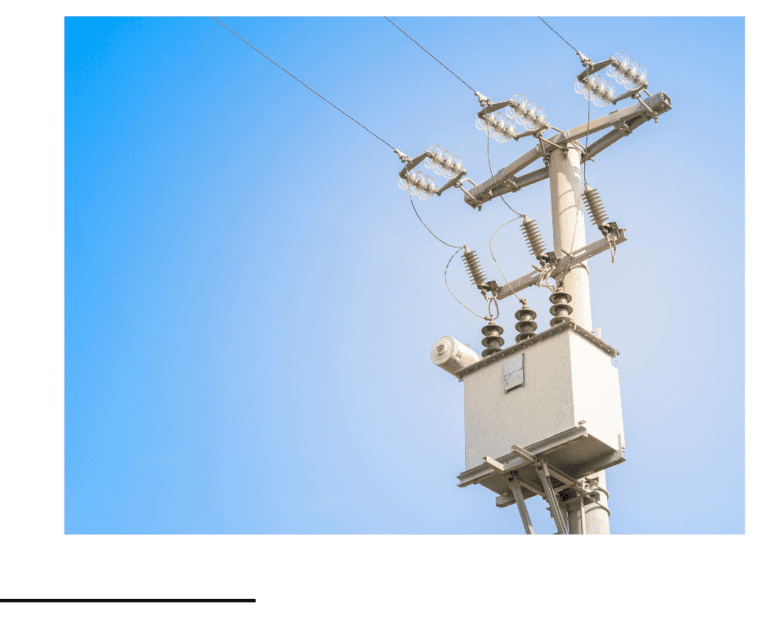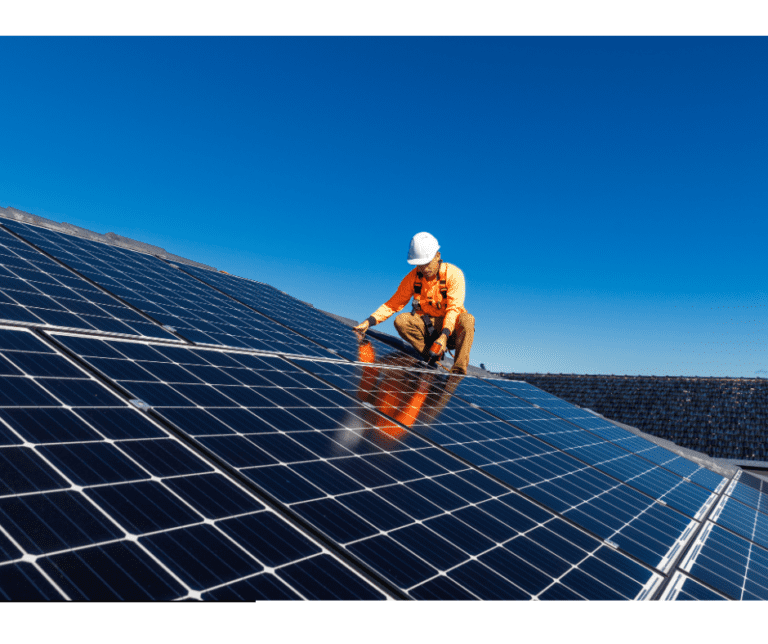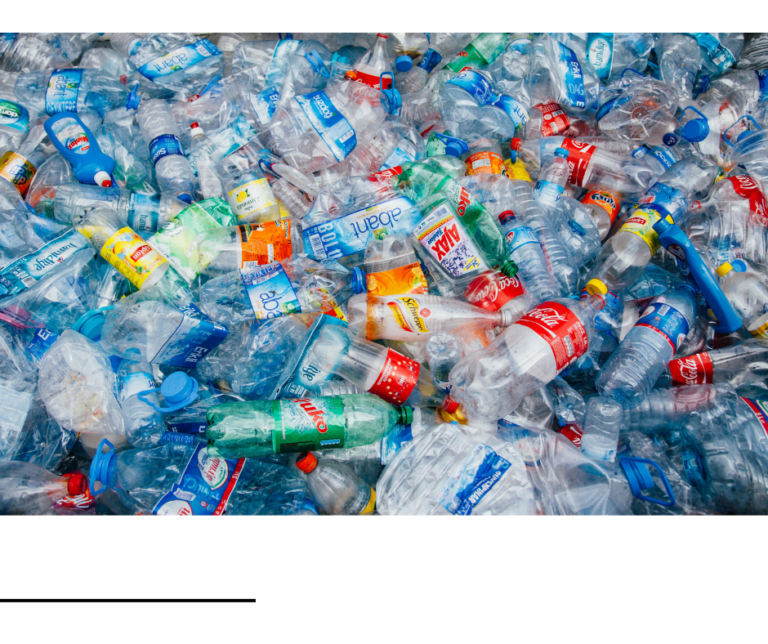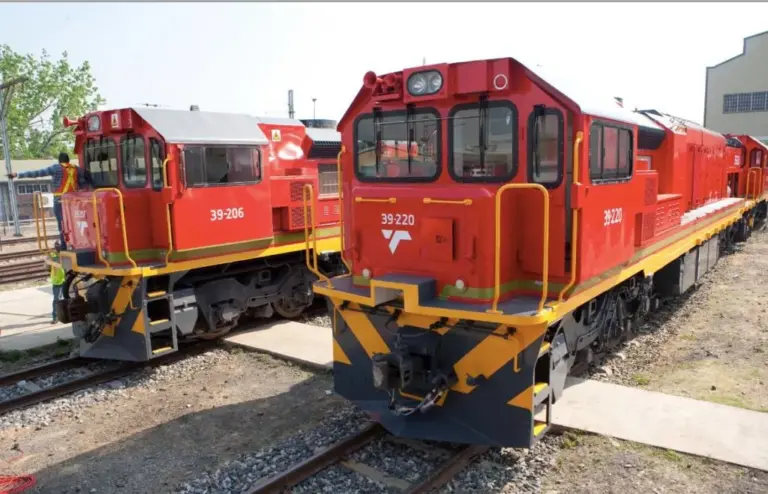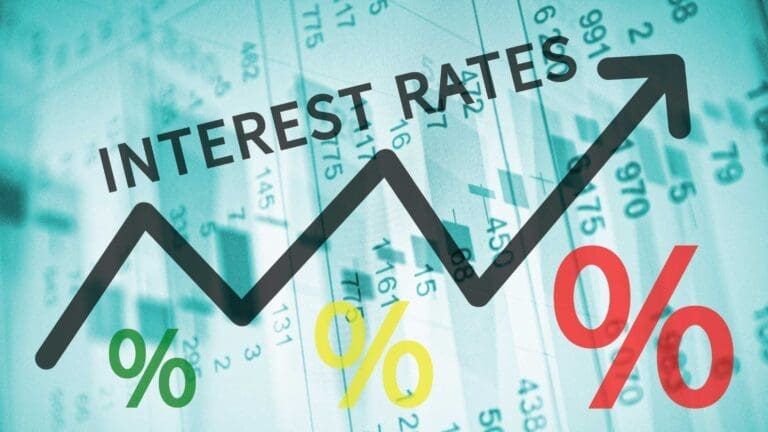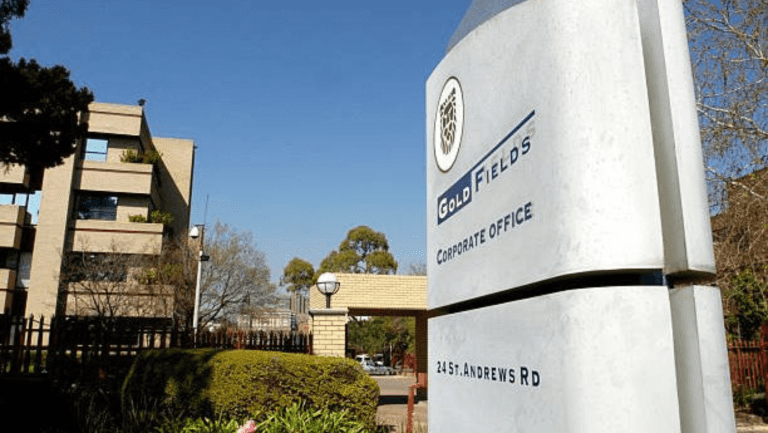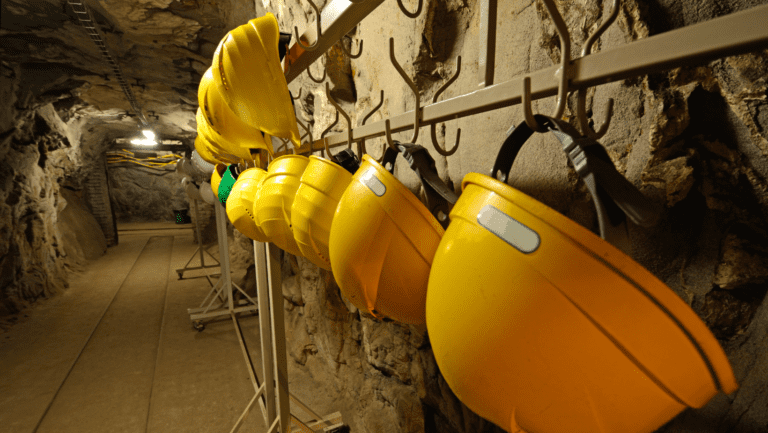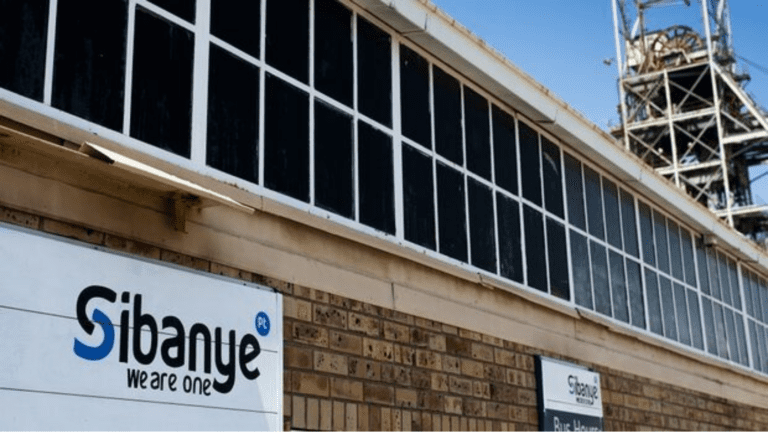South Africa, a nation accustomed to the ebb and flow of load-shedding, finds itself in a precarious moment of respite. However, the recent warnings issued by Electricity Minister Kgosientsho Ramokgopa underscore a reality that many South Africans have learned to accept: the specter of load-shedding still looms large over the nation’s energy landscape.
In a recent media briefing focused on the implementation of South Africa’s Energy Action Plan, Minister Ramokgopa struck a cautious tone, acknowledging the temporary relief from load-shedding while cautioning against premature celebrations. Despite a remarkable stretch of over 28 days without load-shedding – the longest streak since 2022 – Ramokgopa stressed that the inherent challenges within Eskom, the nation’s primary power utility, prevent any assurance of a load-shedding-free future.
Ramokgopa attributed the recent decrease in demand for electricity to a surge in solar photovoltaic (PV) uptake among households and businesses. He lauded the efforts of Eskom’s Energy Action Plan, which facilitated this transition through state incentives. “So far, in 2024, I am sure we [South Africa] are about to break the 5,000 MW mark in solar generation,” he declared, emphasizing the significance of renewable energy in mitigating the strain on the national grid.
However, amidst the cautious optimism, Ramokgopa reminded the public of Eskom’s susceptibility to setbacks. “It is in the nature of the space Eskom operates in to have setbacks,” he cautioned. “No Eskom official can put their hand on their heart and say tomorrow morning we will continue to have no load-shedding because there’s a lot of instability – anything can happen tomorrow.”
Energy expert Chris Yelland echoed Ramokgopa’s sentiments, emphasizing that intermittent load-shedding will persist until Eskom addresses its long-term challenges. Yelland shed light on the recent improvements in Eskom’s performance, attributing them to the re-introduction of three units at the Kusile power station. These units, previously non-functional, were temporarily reconnected to the grid towards the end of 2023, adding approximately 2,000 MW to the nation’s power capacity.
However, Yelland cautioned against complacency, noting that the bypass of the flue-gas desulphurisation plant at Kusile – a temporary measure to improve performance – is not a sustainable solution. Eskom will eventually need to take these units offline again to implement a long-term fix, lest it violate environmental regulations.
In essence, while the recent improvements in Eskom’s performance offer a glimmer of hope for South Africa’s energy future, they are tempered by the reality of underlying challenges. The nation’s reliance on intermittent load-shedding remains contingent upon Eskom’s ability to address systemic issues within its power generation infrastructure.
The temporary nature of the improvements underscores the urgent need for holistic and sustainable solutions. As South Africa navigates its energy transition, the specter of load-shedding serves as a sobering reminder of the nation’s energy vulnerabilities and the imperative of decisive action to secure a reliable and sustainable power supply for all its citizens.





